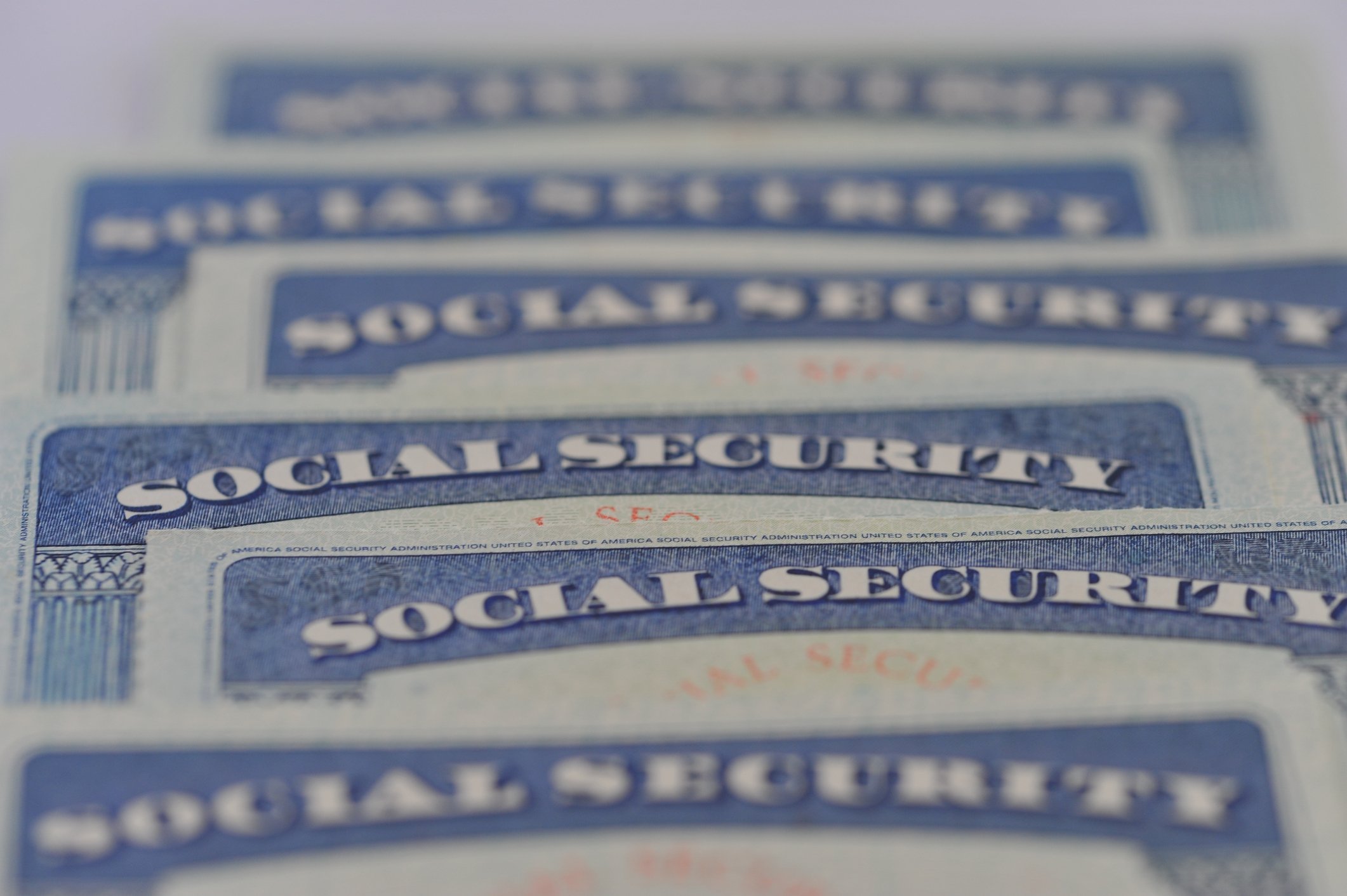Many Americans get health insurance through their employers. So when they retire, they're forced to find another solution. And for a lot of older Americans, that solution is Medicare.
Medicare eligibility typically begins at 65. You can actually enroll a few months ahead of your 65th birthday to ensure that you have coverage in place at that point.

Image source: Getty Images.
You may be aware that if you're old enough to get Medicare, it means you're also old enough to sign up for Social Security. But here's why you may want to wait on Social Security if you're signing up for Medicare at 65.
You don't want to slash your monthly benefits
Many people end up kicking off retirement with limited savings. If that's you, you may end up pretty reliant on Social Security to cover your expenses.
And even if you have decent savings, your money could run out. So it's important to try to get as much Social Security as you can.
To that end, you may not want to claim Social Security at 65 if you're signing up for Medicare at that point. If you were born in 1960 or later, your full retirement age for Social Security purposes is 67. Claiming benefits ahead of full retirement age will reduce them permanently, leaving you with less retirement income for life.
The earliest you can file for Social Security is at age 62. In that case, you're looking at about a 30% reduction in your monthly checks compared to waiting until full retirement age.
If you file for Social Security at 65 in conjunction with your Medicare enrollment, you're looking at a smaller reduction -- about 13.34%. But remember, that's a reduction you'll face every single month you collect Social Security. So you may be better off enrolling in Medicare at 65 but waiting at least a bit longer before filing for Social Security.
You don't need Social Security to get Medicare
One big misconception about Medicare is that you have to be enrolled in Social Security to get that health coverage. If you're getting Social Security, you'll have your monthly premiums for Medicare Part B paid directly out of your benefits. But that doesn't mean you must be on Social Security to get Medicare.
If you're not collecting monthly benefits, all it means is that you'll have to pay your Medicare premiums another way. And you can set up automatic payments so you don't have to think about them.
You may even want to claim Social Security past full retirement age
Not only might 65 be premature to claim Social Security, but you should also know that delaying your filing beyond full retirement age could result in a huge reward. For each year you hold off on Social Security past that point, up until age 70, your benefits get an 8% boost.
That boost is a permanent one. And the extra money could do you a world of good once you're no longer actively earning an income.
All told, it's important to understand how Medicare and Social Security work together before signing up for either. But you should know that being on Social Security is not a requirement for Medicare enrollment. And if you're signing up for Medicare at 65, waiting on Social Security could mean setting yourself up for less financial stress throughout your retirement.





